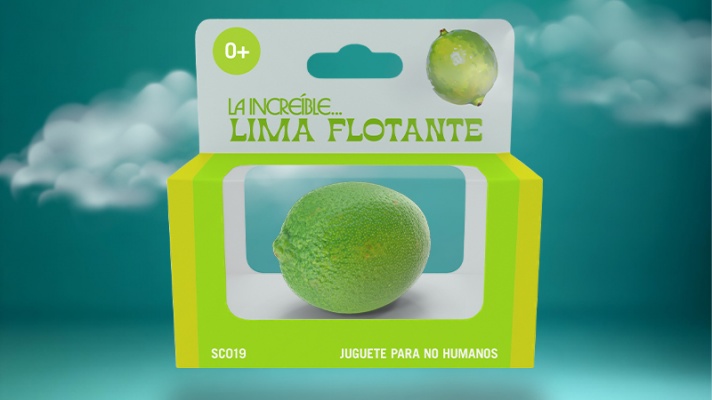DATOS GENERALES
Con obra de
Artistas que representa
Descripción de la Organización
Desde que en 1985 las Guerrilla Girls se manifestaran a las puertas del MOMA de Nueva York reclamando, a raíz de la exposición An Internacional Survey of Painting and Sculpture, el reconocimiento y una mayor representación de las mujeres artistas en el mundo del Gran Arte, muchas han sido las iniciativas feministas y transfeministas que han reclamado en los países occidentales la elaboración y el cumplimiento de políticas culturales que garanticen la igualdad de oportunidades y el respeto de los derechos humanos.
El Gran Arte, el producido por y para el poder, tiene un carácter heteronormativo que ha ocultado y acallado sistemáticamente cualquier disidencia. El discurso artístico androcéntrico ha naturalizado, y con ello legitimado, la violación de los derechos de las mujeres y de otros sujetos de identidades no hegemónicas, conformando una tradición asumida, transmitida y reactualizada a lo largo de siglos de dominación heteropatriarcal.
Desde finales de los años sesenta del pasado siglo, este tipo de prácticas artísticas y artivistas se encuentran, dado su espíritu crítico, en el discurso político, analizando las condiciones sociales de la creación, proponiendo en los ámbitos de la crítica y la teoría artísticas una relectura de la Historia del Arte y nuevas interpretaciones de las obras cumbre del Arte Universal. Ocupando forzosamente las periferias del arte institucional, elaboran términos propios de discusión, análisis y cuestionamiento, e introducen valores nuevos de creación y cambio sociocultural como la emoción, las experiencias vitales propias o la diversidad en oposición a lo universal.
Es en este contexto de reflexión, reconocimiento de una genealogía propia y deseo urgente de lucha y resistencia donde se plantea la conformación, desde la interdisciplinariedad y el activismo político y cultural, la Plataforma Mujeres en el Arte Contemporáneo.
PMAC nace de la constatación de que sigue siendo necesario y, más aún, urgente, legitimar en los ámbitos universitario y museístico del Estado español los nuevos imaginarios feministas, transfeministas y queer a través de nuevas políticas culturales y educativas.
Since the Guerrilla Girls manifested at the gates of MOMA in New York in the year of 1985, on the wake of the exhibition An International Survey of Painting and Sculpture, claiming for recognition and greater representation of women artists in the world of Great Art, many have been the feminist and transfeminist initiatives that have demanded in the western countries, the elaboration and the fulfillment of cultural policies that guarantee equal opportunities and respect for human rights.
The Great Art, the one produced by and for the power, has a heteronormative character that has been systematically hidden and silenced any dissidence. The androcentric artistic discourse had been naturalized, and thereby legitimized, the violation of the rights of women and other subjects of non-hegemonic identities, consolidating a assumed tradition, transmitted and updated throughout centuries of heteropatriarchal domination.
Since the end of the sixties of the last century, this type of artistic and artivistic practices, given their critical spirit, are in the political discourse, analyzing the social conditions of creation, proposing in the fields of art criticism and art theory a rereading of the History of Art and new interpretations of the transcendent works of Universal Art. Occupying perforce the peripheries of institutional art, this practices elaborate their own terms of discussion, analysis and questioning, and introduces new values of creation and sociocultural change such as emotion, own life experiences or diversity as opposition to the universal.
It is in this context of thinking, recognition of own genealogy and urgent desire for struggle and resistance where the conformation, from interdisciplinarity and political and cultural activism, of PMAC (Women in Contemporary Art Platform) is proposed.
PMAC is born from the confirmation that it is still necessary and, even more urgently, to legitimize feminist, transfeminist and queer new imaginaries in the university and museum fields of the Spanish State through new cultural and educational policies.

Exposición. 16 abr de 2025 - 11 may de 2025 / Centro Botín / Santander, Cantabria, España

Formación. 08 may de 2025 - 17 may de 2025 / Museo Nacional Centro de Arte Reina Sofía (MNCARS) / Madrid, España